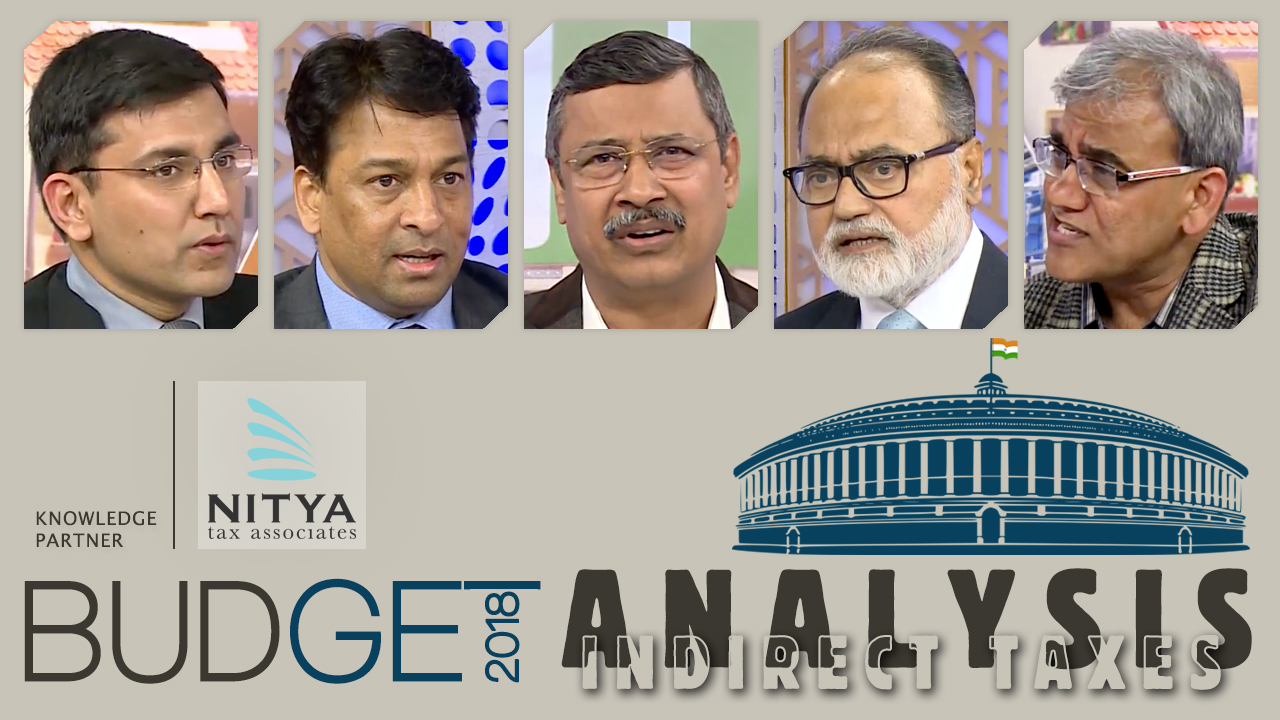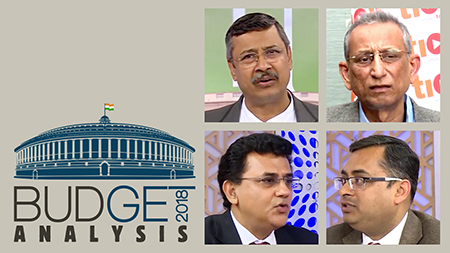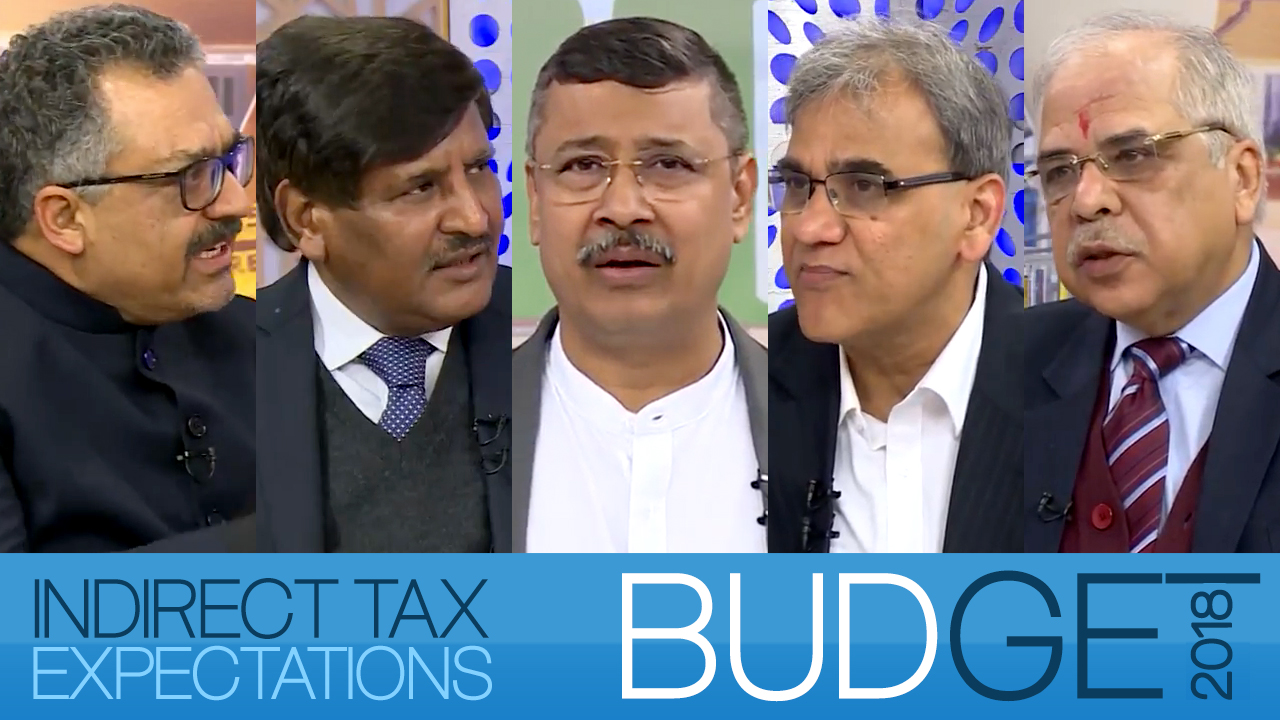CENTRAL EXCISE SECTION
2018-TIOL-612-CESTAT-MUM + Story Eveready Industries Ltd Vs CCE
CX - CENVAT-Material usage variance shown in Trial balance - Demand confirmed on the ground that the usage of inputs was in excess of that stipulated in the production norms - appeal to CESTAT.
Held: Taxation laws cannot be extended beyond the objectives laid down in the statute-no allegation that any of the inputs that were brought into the factory had ever been used for any purpose other than manufacture or were removed illicitly -There is no provision under the CCR, 2004 for denial of credit merely on the ground that the assessee has admittedly deployed inputs in excess of the ideal for achieving desired output level: CESTAT [para 5, 6] - Appeal allowed: MUMBAI CESTAT
2018-TIOL-611-CESTAT-MUM
Sandoz Pvt Ltd Vs CCE
CX - CENVAT - Input Service - Rule 2(l) of CCR, 2004 - dispute pertains to availment of credit of tax paid on courier service and repair and maintenance of garden service utilized - period is April 2013 and December 2013 - lower authorities denying credit on the ground that same are not input services - appeal to CESTAT.
Held: Definition of input service does not exclude courier and, to the extent that, as laid down in re Millipore India Pvt Ltd, the cost of such service is included in the assessable value of goods, that are dutiable, credit of tax paid on such input service cannot be denied - Further, compliance with environmental laws would bring the input service within the ambit of production activity - impugned order set aside and appeal allowed: CESTAT [para 4, 5] - Appeal allowed: MUMBAI CESTAT
2018-TIOL-610-CESTAT-MUM
CCE Vs Reliance Industries Ltd
CX - CENVAT - Input Service - Rule 2(l) of CCR, 2004 - Revenue has challenged credit taken on Transport of Passenger on International journey service on the ground that the said private jets can be used for pleasure trips, tour and sightseeing by Directors and his family members and that it is incumbent on the assessee to substantiate the relevance of each flight/trip with their manufacturing activities/business activities.
Held: There is significant force in the argument of the Revenue - Impugned order insofar as it relates to credit taken on transport of pass engers on international journey service is set aside and the matter is remanded to the original authority for examining the facts - respondents free to produce necessary records to substantiate their claims: CESTAT [para 3, 4] - Matter remanded: MUMBAI CESTAT
2018-TIOL-609-CESTAT-MUM
Mahindra Sanyo Special Steel Ltd Vs CCE
CX - CENVAT - Appellant had been issued SCN alleging wrong availment of credit in respect of service tax paid towards services received from service provider situated abroad for warehousing and handling of goods stored outside India - Adjudicating authority dropped the demand on merits as well as limitation, however, in Revenue appeal, Commissioner(A), after recording that the appeal has been filed only on merits but not on limitation, held that appellant is not entitled to avail CENVAT credit - appeal by assessee before CESTAT against this order.
Held: Tribunal in the case of Imperial Auto Industries - 2017-TIOL-2446-CESTAT-CHD has categorically laid down that if the ownership of the goods and the property of the goods remain with the seller of the goods till the delivery of the goods in acceptable condition to the purchaser at his doorstep, then CENVAT credit is admissible - following the same, impugned order to the extent it is contested is set aside and the appeal is allowed with consequential relief: CESTAT [para 6, 7] - Appeal allowed: MUMBAI CESTAT
2018-TIOL-608-CESTAT-MAD
EID Parry India Ltd Vs CCE & ST
CX - Assessee, 100% EOU engaged in manufacture of Neemazal formulation, Neem oil and Neem cake in their EOU Unit - The point of dispute is liability of assessee to pay duty on neem oil and neem cake which are by products emerging in process of using neem seeds and after extractions of Neemazal /technical/formulation in process - First to be considered is claim of assessee regarding the job worker being the manufacturer - Assessee have discharged neem kernel for further processing and extraction of neem oil and neem cake which they have sold to their customers from premises of job worker - This manufacturing arrangement is clearly predetermined in terms of contract - Assessee's arrangement of having a job worker for the part of process will not take away their responsibility as mandated by LOP as well as Foreign Trade Policy - Apparently, assessee have used the facility of job worker to extract two of the products for which permission is granted to them as EOU - However, for these two products, the due process and conditionalities of EOU have not been adhered to which is a clear violation of LOP conditions and Foreign Trade Policy.
Regarding the duty liability of assessee, clearly the product is manufactured within scope of LOP and assessee have been put to liability of accounting for it - Disposal of two of their products is not in terms of policy - Hence, the rate and quantification of duty liability have to be arrived at in terms of policy and applicable notification - These products are recognized for manufacture in LOP - By demarcation of byproducts, obligation cast on assessee cannot be waived - These are not scrap or waste - In these backgrounds, assessee is liable to duty as confirmed in terms of Section 3 (1) of CEA, 1944.
Assessee have not intimated the Revenue that part of the process for which permission is granted to them as EOU is out sourced and got done by a job worker - Though the same itself is a violation, further clearance of manufactured goods from the premises of the job worker, without due discharge of duty is a further serious offence - No reason found to interfere with the findings of lower authorities regarding confirmation of duty on longer period and penalties as imposed: CESTAT - Appeals dismissed: CHENNAI CESTAT
CUSTOMS SECTION
NOTIFICATION
cnt14_2018
Issuance of Certificate of origin retroactively - period enhanced to twelve months from the date of shipment - Customs Tariff (Determination of Origin of Goods under the Comprehensive Economic Partnership Agreement between the Republic of India and Japan) Rules, 2011 amended
CASE LAWS
2018-TIOL-606-CESTAT-DEL Fujitsu Ten India Pvt Ltd Vs CC
Cus - the assessee-company imported goods from Thailand, China & Phillipines - The suppliers are subsidiaries of same parent entity and are related to the assessee under Rule 2(2) of Customs Valuation Rules, 2007 - The assessee entered into a license agreement with M/s Fujitsu Ten Limited, Japan wherein the assessee obtained the right to use IPR and know-how for manufacture of car info-tainment system - On valuation, the Department held that royalty paid by the assessee to Fujitsu Ten Limited and Patent and Software usage fee paid, were required to be added in the assessable value - The Commr.(A) upheld such findings -
Held - The assessee has to pay royalty on gross sale value of the manufactured goods - Admittedly, such value includes cost of goods imported - Considering the decision of the Apex Court in Matsushita Television & Audio Co ., wherein it was held that when the cost of imported items were included in the net ex-factory sale price of the manufactured goods and the importer paid royalty as a percentage of turnover of final product, which included the cost of imported components, it becomes a condition of sale of finished goods - Hence, both the conditions of Rule 9(1)(c) of the Valuation Rules stand satisfied - In several Tribunal judgments, it was held that when the cost of imported goods is included in the amount, which is considered for payment of royalty, then such royalty should be added in the assessable value of imported goods - Next, w.r.t. payment of patent & software fee, these are required for the functional utility of the imported items and the finished final product - The assessee is obliged to pay fee for the said third party patent or software - Rule 10(1)(e) of the Valuation Rules stipulates that all other payments actually made are to be made as a condition of sale of the imported goods by the buyer to the seller or by the buyer to the third party to satisfy and obligation of the seller to the extent that such payments are not included in the price actually paid or payable, shall be added to the price actually paid or payable for the imported goods - Hence O-i-A merits being upheld: CESTAT (Para 2,9,10) - Appeal Allowed: DELHI CESTAT

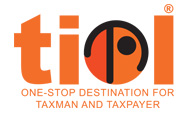

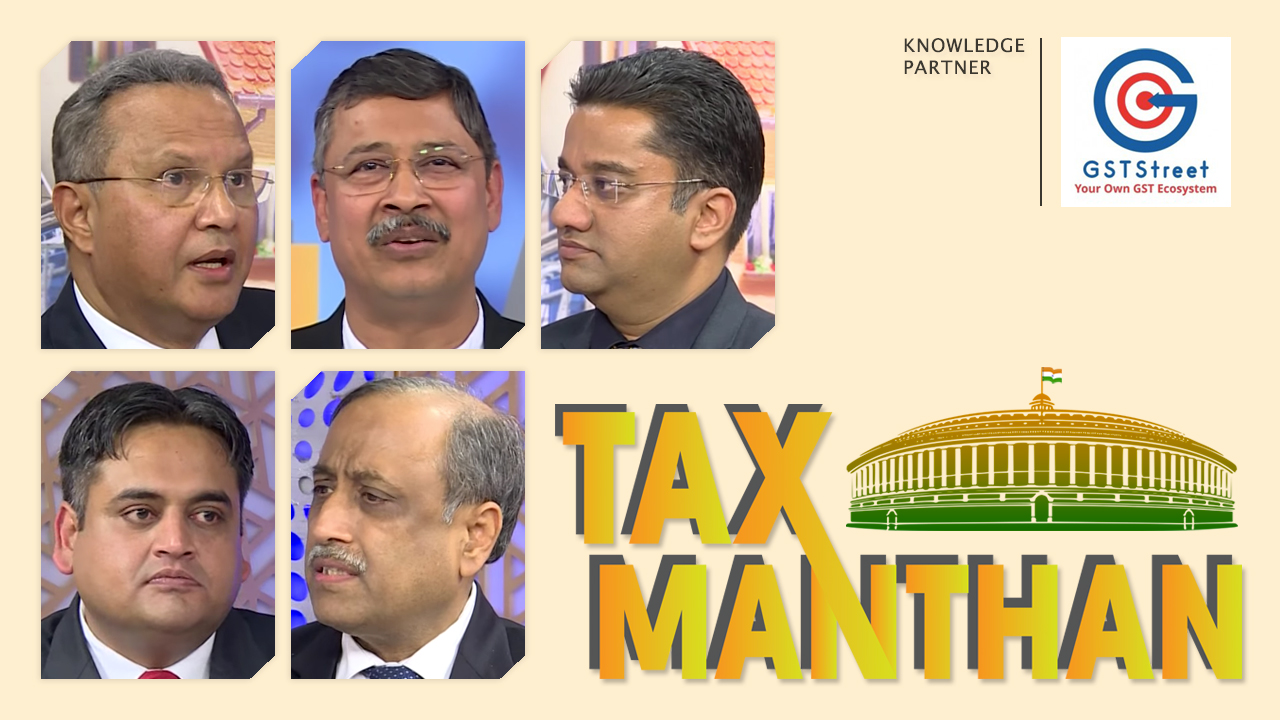
 By Vijay Kumar
By Vijay Kumar 
